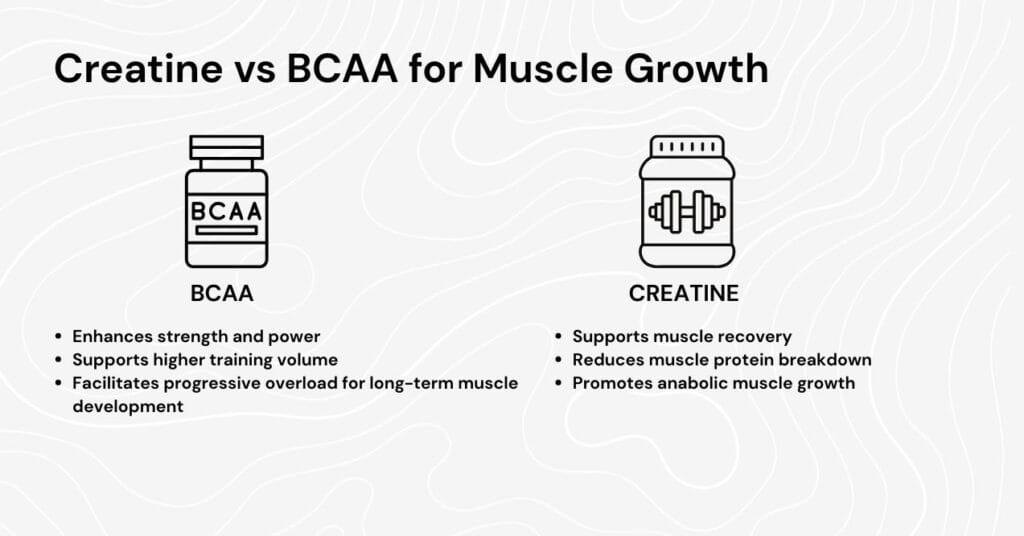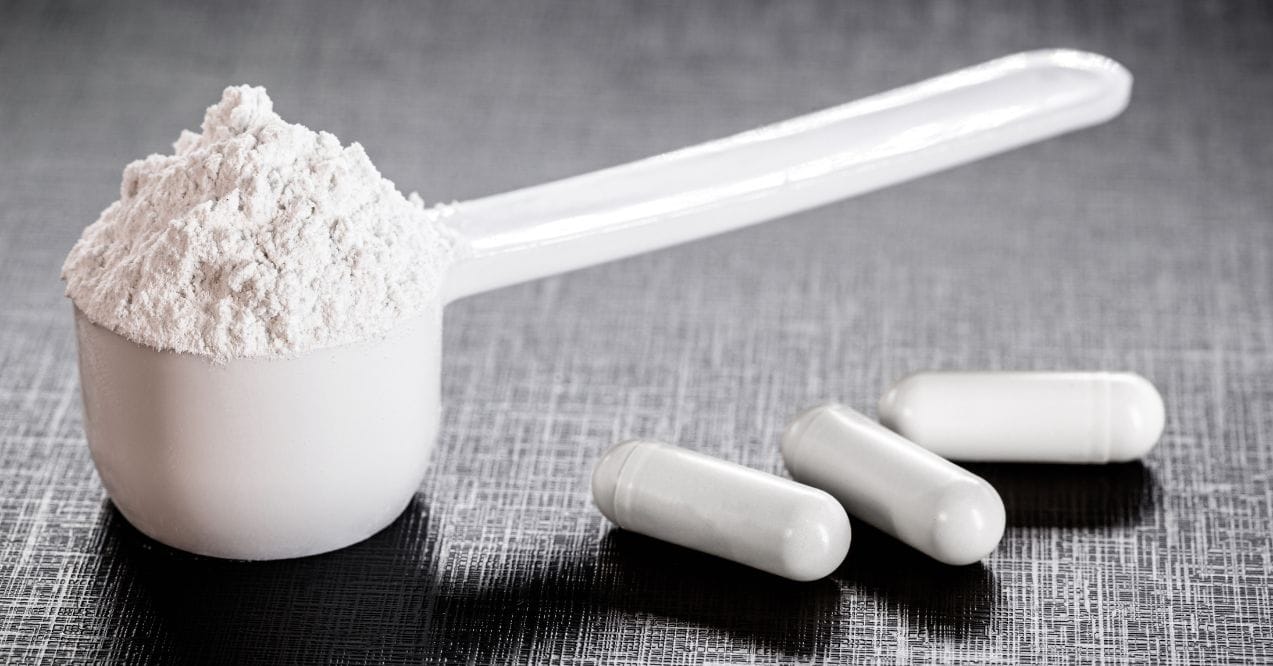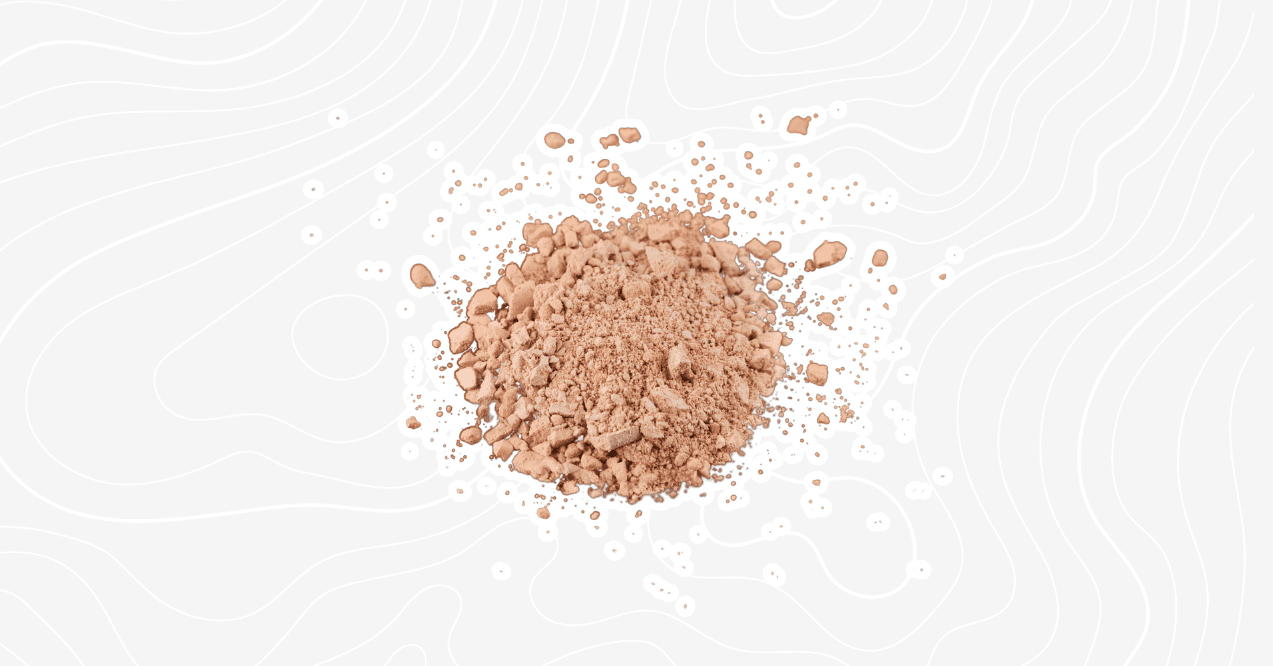Creatine vs BCAA: Which Should You Take?
Creatine and BCAA (branched-chain amino acids) are two of the most popular and researched supplements in fitness. Both are widely used for muscle growth, performance, and recovery, but they serve different functions in the body. Creatine vs BCAA often sparks debate among fitness enthusiasts, as each has its own unique benefits.
Creatine is well-known for its ability to enhance strength and power during high-intensity activities, while BCAAs are often favored for their role in muscle protein synthesis and reducing muscle breakdown. Understanding the differences between these supplements can help you make informed decisions about which one to incorporate into your fitness regimen.
Creatine vs BCAA for Muscle Growth

When it comes to muscle growth, both creatine and BCAAs play vital yet distinct roles. Understanding their mechanisms can help optimize your training results.
BCAAs, which consist of leucine, isoleucine, and valine, are essential amino acids that contribute directly to muscle protein synthesis (MPS). Leucine, in particular, plays a key role in activating pathways that support muscle recovery and growth after exercise. By supplementing with BCAAs, you can minimize muscle breakdown during intense workouts, allowing your muscles to recover more effectively and encouraging an anabolic (muscle-building) environment.
Key benefits:
- Supports muscle recovery
- Reduces muscle protein breakdown
- Promotes anabolic muscle growth
Creatine, on the other hand, helps increase the body’s stores of phosphocreatine, which is used to regenerate ATP (adenosine triphosphate), the primary energy carrier in cells. This boost in energy helps you perform more repetitions or lift heavier weights during your workouts, allowing you to progressively overload your muscles. Progressive overload is critical for stimulating muscle growth over time.
Key benefits:
- Enhances strength and power
- Supports higher training volume
- Facilitates progressive overload for long-term muscle development
Trumeta Creatine perfectly complements your progressive overload strategy with 5 grams of pure Creapure® creatine monohydrate per serving. Unlike generic options, this pharmaceutical-grade formula maximizes your phosphocreatine stores, directly boosting ATP regeneration during high-intensity training. This translates to more reps, heavier weights, and the sustained energy needed for genuine muscle development.
The formulation dissolves exceptionally well, ensuring optimal absorption for increased strength and power output. Vegan, gluten-free, and backed by research, Trumeta Creatine provides the clean cellular energy that serious athletes need to push beyond plateaus and transform training volume into visible muscle growth.
BCAA vs Creatine for Performance and Recovery
Both creatine and BCAAs are widely used to enhance performance and speed up recovery, but they work through different mechanisms to achieve these goals.
Athletic Performance
Creatine – Creatine is most effective for improving performance during short, high-intensity bursts of activity, such as sprinting, weightlifting, or any explosive movement. By increasing the body’s phosphocreatine stores, creatine helps regenerate ATP, allowing muscles to maintain power output for longer durations. This results in increased strength, speed, and overall performance during intense physical efforts.
BCAAs – While creatine excels in short, intense bursts, BCAAs have a unique role in supporting endurance activities. They help reduce the perception of fatigue by competing with tryptophan, an amino acid that contributes to the feeling of tiredness. By reducing fatigue, BCAAs can support sustained performance during longer workouts or endurance activities.
Post-Workout Recovery
BCAAs – After intense exercise, muscle soreness is common due to the breakdown of muscle fibers. BCAAs can help reduce this soreness by promoting faster recovery. They minimize muscle damage and enhance muscle protein synthesis, which aids in the repair of damaged tissues, speeding up recovery times. As a result, athletes can get back to training sooner with less discomfort.
Creatine – While creatine does not directly affect soreness, it supports muscle repair indirectly by enabling more intense and effective training sessions. By increasing the capacity for higher training volumes, creatine enhances long-term recovery by promoting muscle growth and adaptation over time.
Both creatine and BCAAs aid recovery and performance, but their benefits are complementary, depending on the type of activity and recovery needs.
When to Take Each Supplement
Timing your supplements strategically can significantly enhance their effectiveness. With creatine vs BCAA, each has its optimal window for consumption based on how they work in your body.
For creatine, consistency matters more than precise timing. The goal is to saturate your muscle cells by maintaining steady levels in your system. Taking 3-5 grams daily will achieve this regardless of when you consume it. Many wonder about taking creatine on empty stomach – research indicates this is perfectly fine and may even enhance absorption for some individuals. However, pairing it with a small amount of carbohydrates might improve uptake through insulin’s transport effect.
BCAAs offer more flexibility in timing, with several beneficial options:
- 30 minutes before training to provide amino acids during your workout
- During longer sessions to minimize muscle breakdown
- Immediately post-workout to jumpstart recovery
- Between meals on rest days to maintain muscle protein synthesis
For those combining both supplements, a practical approach is taking creatine consistently at the same time daily (morning or evening), while positioning BCAAs closer to your training window. This strategy ensures you maximize the energy-boosting effects of creatine while strategically timing the muscle-preserving benefits of BCAAs.
Can You Mix Creatine and BCAA Together?
Combining creatine and BCAAs not only saves time but can potentially enhance their complementary benefits. These supplements work through different mechanisms, making them excellent partners in your fitness journey. When mixed together, you simultaneously support energy production and muscle protein synthesis—a powerful combination for those engaged in intense training.
For optimal results when mixing these supplements, consider this practical advice:
- Use cool or room-temperature water, as hot liquids may degrade certain BCAA compounds
- Mix thoroughly to ensure complete dissolution
- Consume within 15-20 minutes of mixing for best results
- A standard mixing ratio is 3-5g creatine with 5-10g BCAAs
Many users wonder how can I dissolve creatine effectively when combining supplements. Creatine monohydrate, the most common form, doesn’t always dissolve completely in cold water. To improve solubility, try:
- Stirring vigorously rather than shaking
- Using slightly warm (not hot) water for initial mixing
- Allowing it to sit for 2-3 minutes before giving it a final stir
- Considering micronized creatine, which dissolves more easily
This combined approach provides a comprehensive strategy for both immediate performance enhancement and long-term muscle development, especially for those training at high intensity levels multiple times per week.
Conclusion
Creatine vs BCAA both offer unique benefits for muscle growth, performance, and recovery. Creatine boosts strength and training volume, helping you push through intense workouts, while BCAAs reduce muscle breakdown and aid in recovery. The key difference lies in their mechanisms: creatine enhances short-burst performance, and BCAAs support endurance and recovery. Understanding when and how to use each supplement can help you optimize your fitness routine and reach your goals more efficiently.
Take creatine daily (3-5g) regardless of timing, though post-workout with carbs may enhance absorption. BCAAs work best 30 minutes before, during, or immediately after training to support muscle protein synthesis and reduce breakdown.
No, BCAA and creatine are entirely different supplements. BCAAs are essential amino acids (leucine, isoleucine, valine) that serve as building blocks for muscle. Creatine is a compound that boosts phosphocreatine stores for ATP regeneration and energy production.
BCAAs support muscle growth by activating protein synthesis pathways, particularly through leucine’s stimulation of mTOR. They help prevent muscle breakdown during training and provide building blocks for recovery, though whole protein sources often deliver superior results.
Advertisement. This site offers health, wellness, fitness and nutritional information and is designed for educational purposes only. You should not rely on this information as a substitute for, nor does it replace, professional medical advice, diagnosis, or treatment. If you have any concerns or questions about your health, you should always consult with a physician or other health-care professional. Do not disregard, avoid or delay obtaining medical or health related advice from your health-care professional because of something you may have read on this site. The use of any information provided on this site is solely at your own risk.







